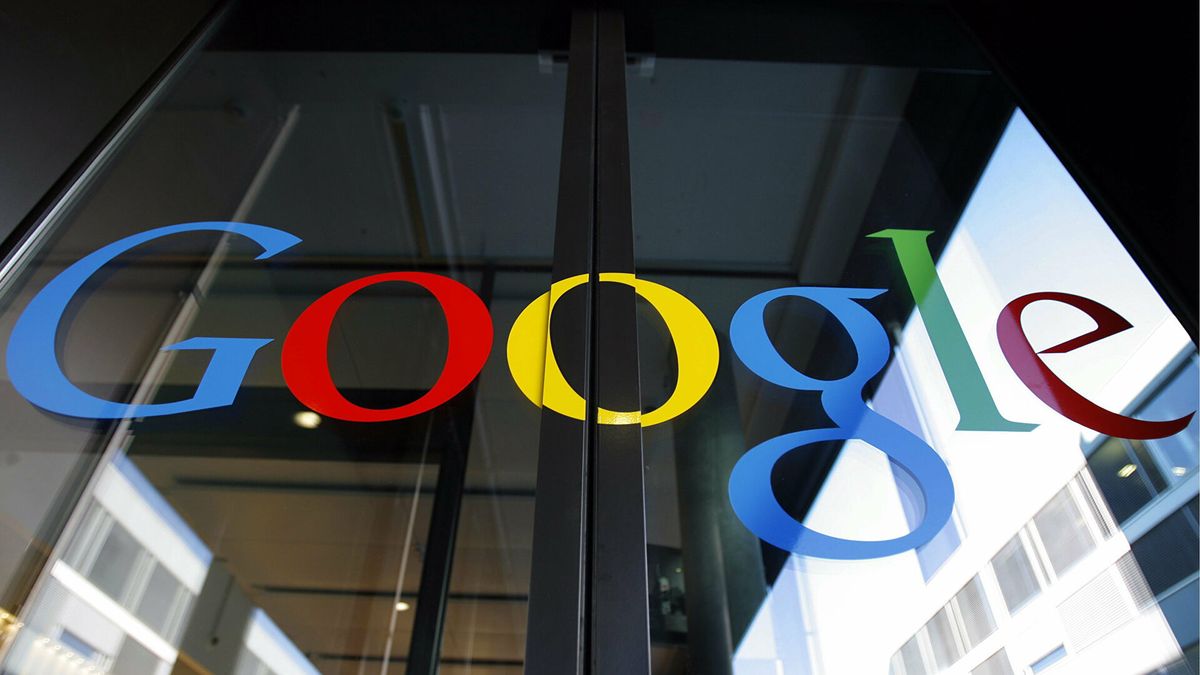In this way, on Thursday it will be the turn of civil society organizations -among them the Association of Argentine Journalistic Entities (ADEPA); the Association for Civil Rights (ADC) and the Center for Legal and Social Studies (CELS)-, of the Ombudsman of the City of Buenos Aires, María Rosa Muiños; the constitutional lawyer Andrés Gil Domínguez and the lawyer specializing in computer crimes Raúl Martínez Fazzalari.
Also on that day, which will start at 10 at the Palace of Courts on 500 Talcahuano Street, it will be the turn in which presentations will be heard by representatives of the Civil Association of Constitutional Studies (ACEC), of the Usina Civil Association of Justice and the LED Freedom of Expression + Democracy Foundation.
They will be joined by the voice of the lawyers Ricardo Alberto Muñoz (h), Francisco Javier Seminara and Gastón Andrés Navarro, as reported through the Judicial Information Center (CIJ).
Meanwhile, on the second day of the hearing it will be the turn of the Attorney General of the Nation, Víctor Abramovich, and the parties.
In an opinion presented last December in this case, the prosecutor had indicated that the federal question in the case consists of determining whether the blocking of internet links ordered to Google Inc., as a search engine service, violates freedom of expression. , regarding content considered “harmful” for exposing aspects of the public life of a person -in this case Natalia Denegri- “that she intends to leave in the past”.
In this sense, the opinion recalls that freedom of expression has a preeminent place in the National Constitution and includes the right to transmit ideas, facts and opinions through the Internet.
At the same time, it highlights the undoubted importance of the role played by search engines in the functioning of the Internet, insofar as their activity is decisive in the global dissemination of data, and stresses that any restriction or limitation of freedom of expression must be of interpretation restrictive and that any type of prior censorship exercised over it suffers from a strong presumption of unconstitutionality, according to the Attorney General’s Office itself.
In this case, Denegri obtained two favorable rulings, the second of them in August 2020, when the National Civil Chamber confirmed the application, for the first time in Argentina, of the “right to be forgotten”, in favor of the Argentine production company in her lawsuit against the company Google, to remove from the search engine all references to the woman’s media past.
Judges Claudio Kiper, Liliana Abreut and José Benito Fajre decided to make room for the deindexation of the links that displayed videos or images obtained 20 years ago or more, corresponding to media scenes that Denegri could have starred in or any television interview that he had given related to his private life.
The lawyers of both first and second instance considered that the contents exposed in videos and images that appeared in the search engine were not informative, but rather responded to morbidity issues.
As explained by Martín Leguizamón, the woman’s lawyer, “the provision recognized the damage currently being caused to Denegri by the dissemination of different materials from his media past of the 1990s.”
In addition, it was admitted that the producer “was the victim of a criminal maneuver through which they implanted false evidence and illegally deprived her of her freedom.”
Then, Google considered that the ruling of the National Chamber, Room H, confirms a sentence that had ordered them to deindex certain URLs linked to part of the plaintiff’s media past, “leaving safe content of public interest related to a court case of wide impact at the time.
The company warned that “despite the fact that the sentence has no economic content” they were going to appeal to the Supreme Court because “the Chamber orders us to remove legal content, such as fragments of television programs of a journalistic, artistic or humorous nature, which are part of the cultural heritage beyond subjective assessment”.
“A thorough debate on this decision is important to assess the consequences of enabling the deindexation of legal content related to events of wide public repercussion,” completed the Google statement.
Natalia Denegri has been living in the United States for ten years. She is the mother of two children, she is currently a gastronomic entrepreneur at the head of a chain of restaurants in South Florida. She also owns a motion picture content production company for which she was awarded 13 Emmy Awards.
Source: Ambito
David William is a talented author who has made a name for himself in the world of writing. He is a professional author who writes on a wide range of topics, from general interest to opinion news. David is currently working as a writer at 24 hours worlds where he brings his unique perspective and in-depth research to his articles, making them both informative and engaging.




